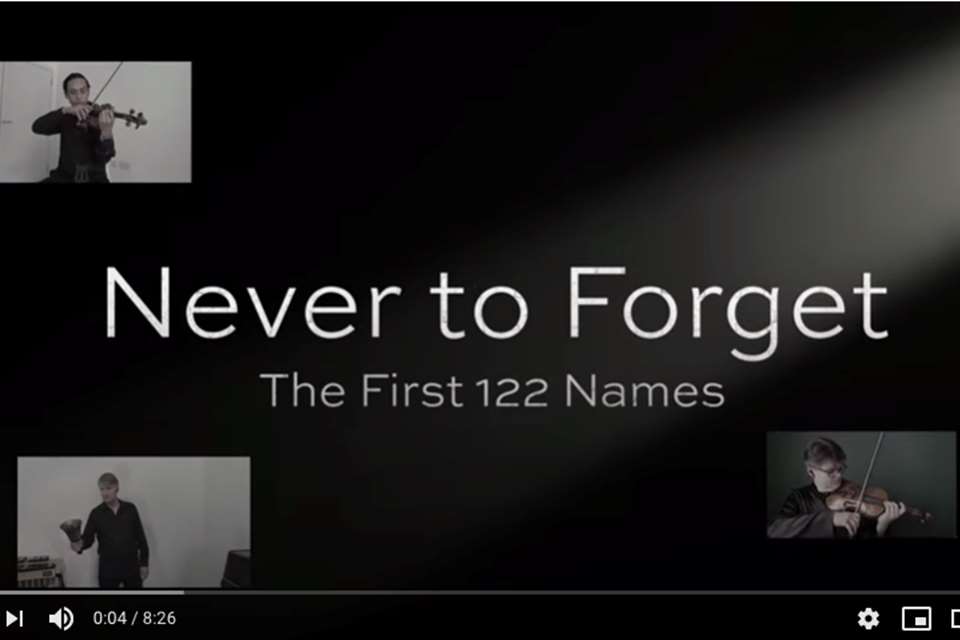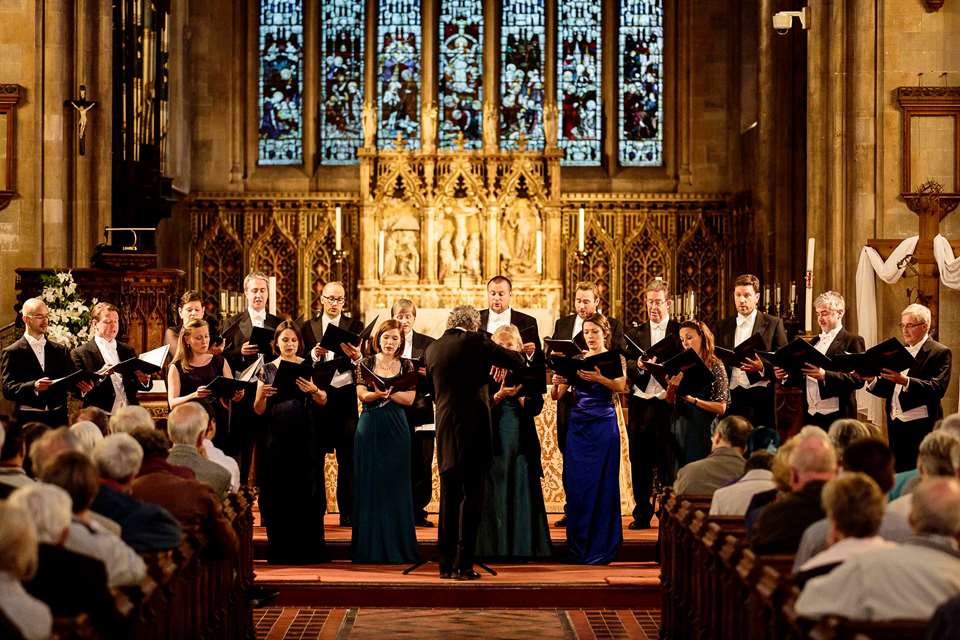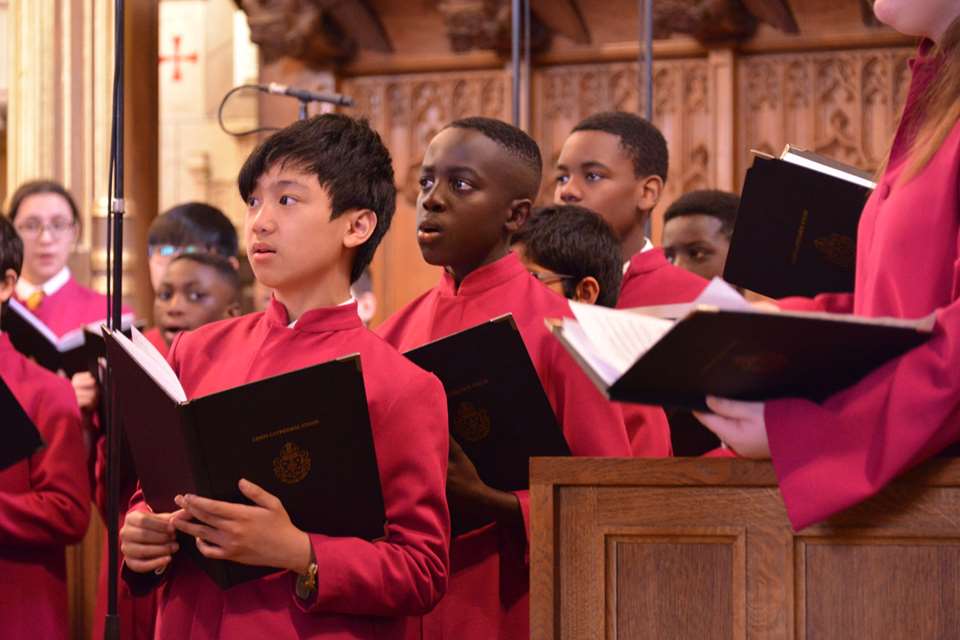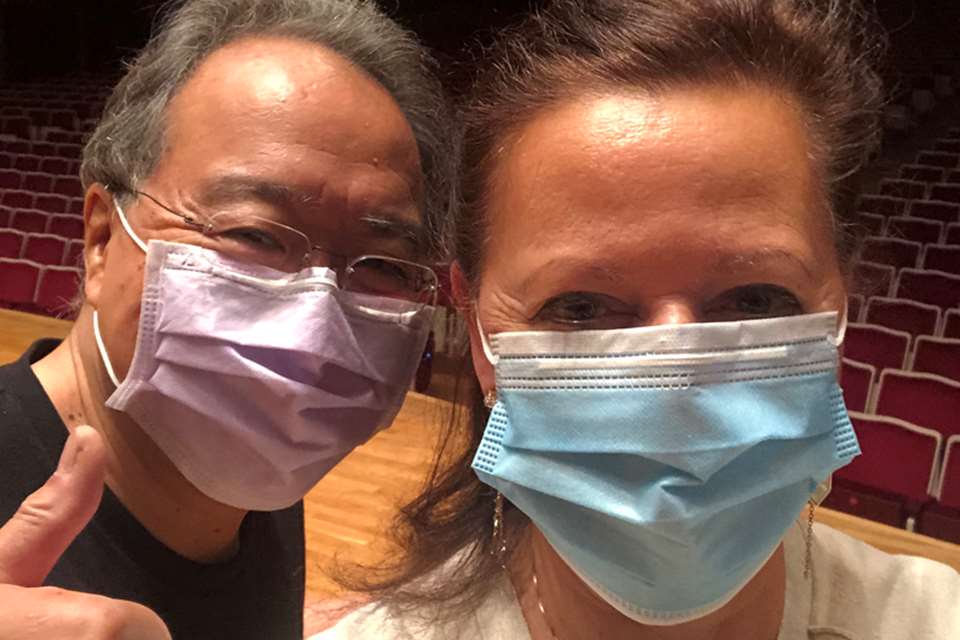How we kept creativity alive in 2020
Jack Pepper
Friday, January 8, 2021
There have been some inspirational creative initiatives that helped bring music to audiences in 2020 – Jack Pepper celebrates some of the finest, and thinks about how they might shape ideas in the year to come
Register now to continue reading
Thanks for exploring the Gramophone website. Sign up for a free account today to enjoy the following benefits:
- Free access to 3 subscriber-only articles per month
- Unlimited access to our news, podcasts and awards pages
- Free weekly email newsletter












